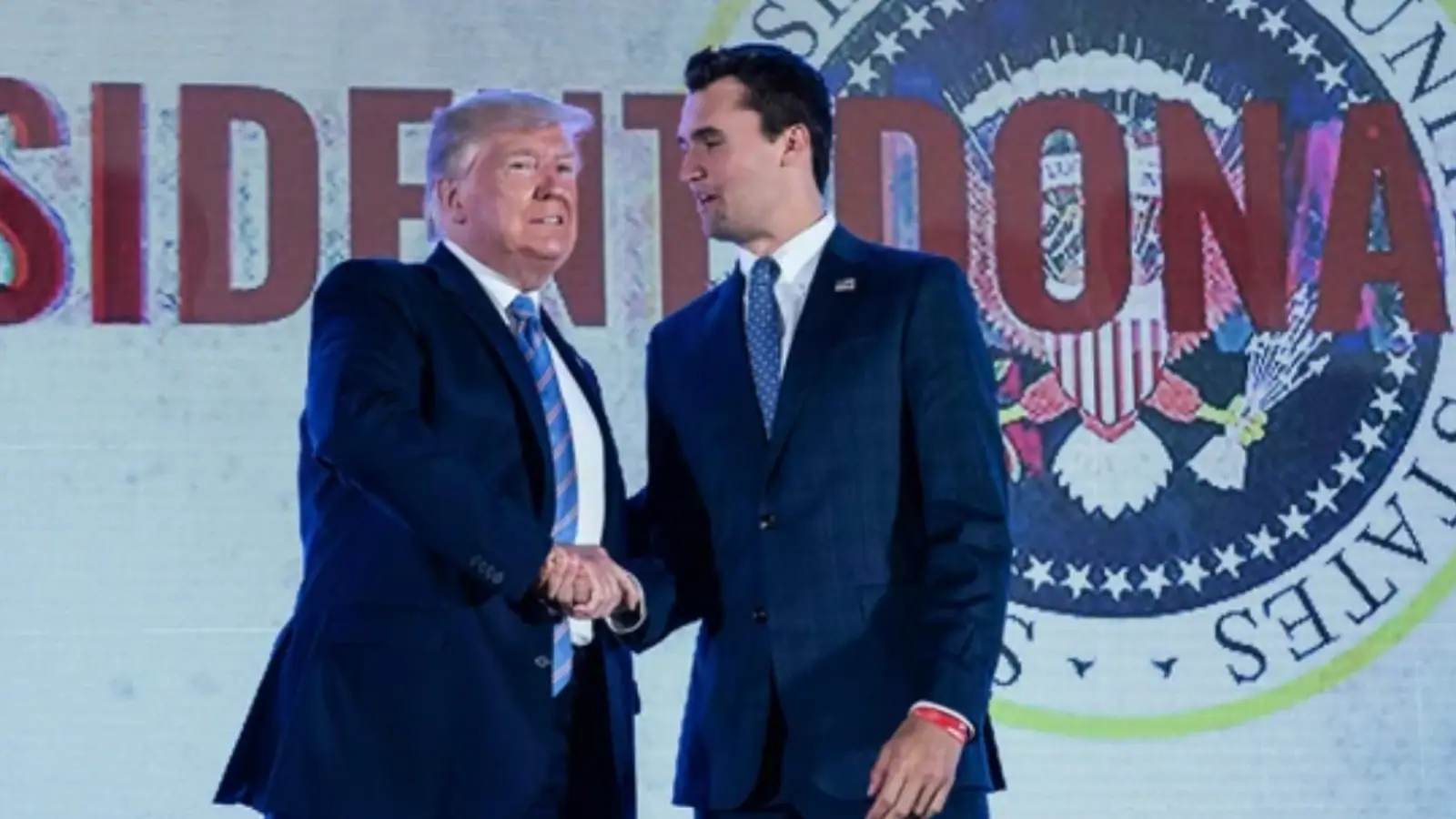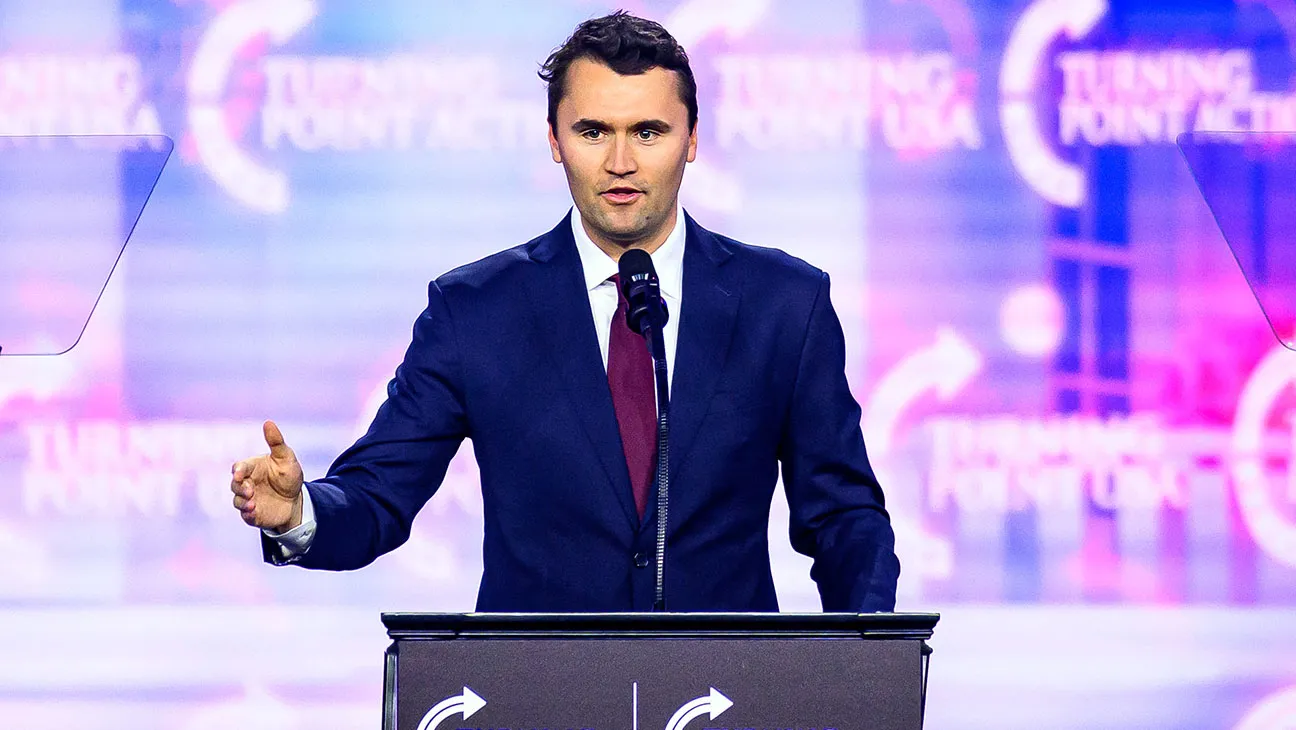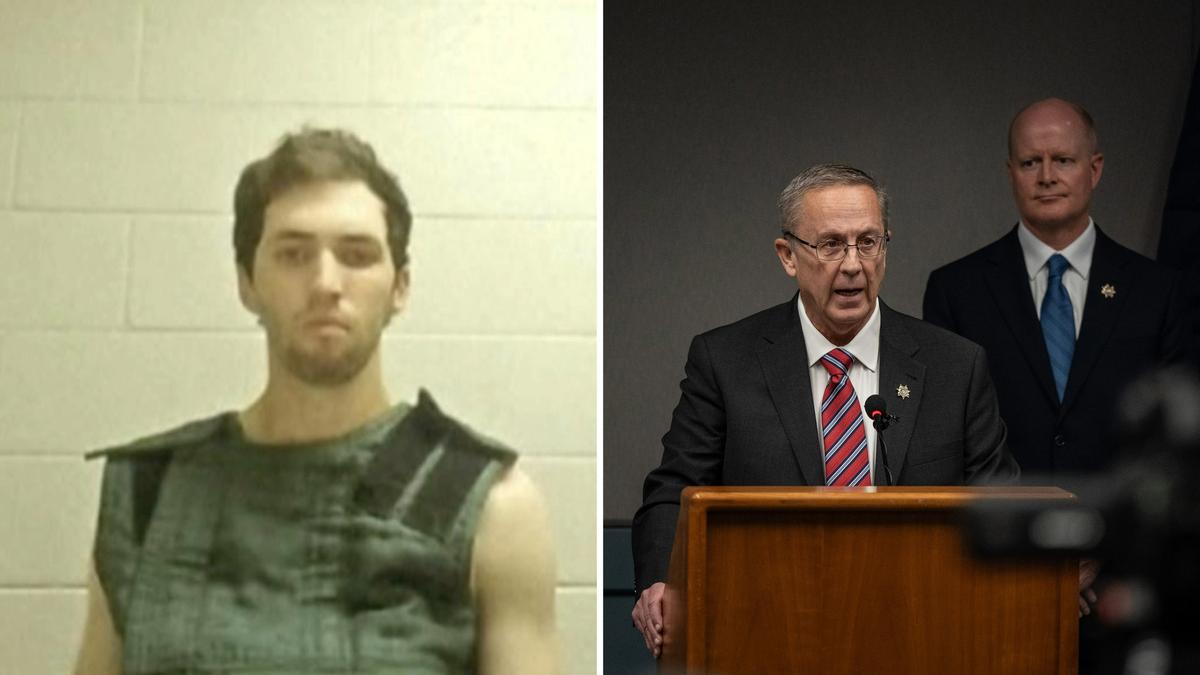By Katherine Ellis
Copyright breezyscroll

Far-right activist Tommy Robinson drew one of the largest right-wing demonstrations Britain has seen in years on Saturday, as more than 100,000 people gathered in London for the “Unite the Kingdom” rally.
Organized primarily as a protest against immigration, the rally also claimed to champion free speech. But by the end of the day, the event had spiraled into violence. Twenty-six police officers were injured, and authorities reported at least 25 arrests for offenses ranging from violent disorder to assault.
The scenes underscored Robinson’s enduring ability to mobilize supporters—and his continued status as one of Britain’s most divisive public figures.
Who Is Tommy Robinson?
Robinson, born Stephen Yaxley-Lennon, founded the English Defence League (EDL) in 2009. The group became notorious for its Islamophobic rhetoric and confrontational street protests.
Over the years, Robinson has been banned from multiple social media platforms for hate speech, only to re-emerge with new accounts or on alternative platforms. His reinstatement on Twitter under Elon Musk’s ownership gave him a fresh megaphone to reach a global audience.
Critics argue his rallies fuel division, while supporters hail him as a free speech crusader standing up to political correctness and unchecked immigration.
International Ties to the Far Right
Robinson’s influence extends beyond Britain. He has cultivated ties with American right-wing groups, making appearances on Fox News and Alex Jones’s Infowars.
He has received funding from the Middle East Forum, a U.S.-based think tank, and earned praise from figures like Enrique Tarrio, the former leader of the Proud Boys, who once described him as an inspiration.
These connections helped Robinson transform from a local agitator into a recognizable figure within the global far-right movement.
A Troubled Past: Criminal Convictions
Robinson’s rise has been repeatedly interrupted by criminal convictions:
2005: Convicted of assault.
2012: Jailed for passport fraud.
2014: Imprisoned for mortgage fraud.
2018: Served time for contempt of court after broadcasting details of a trial in breach of reporting restrictions.
While these convictions tarnished his reputation among mainstream audiences, they have also fed into his martyr narrative among supporters, who see him as persecuted by the establishment.
Financial Troubles and Bankruptcy
In 2021, Robinson declared bankruptcy, admitting he had squandered donations from supporters on gambling. Despite this, he has managed to maintain his influence, tapping into networks of donors and sympathetic media outlets.
His bankruptcy has done little to shake his core following, who continue to see him as a victim of political suppression rather than personal failings.
Why Robinson Still Matters
Robinson remains a lightning rod in British politics. To critics, he is a provocateur who stirs anger and hostility in already divided communities. To supporters, he is a truth-teller who refuses to bow to elite institutions or progressive orthodoxy.
The turnout at Saturday’s rally suggests his message still resonates with a large constituency. But the violence that followed underscores the security and social risks that come with his brand of activism.
As Britain grapples with debates over immigration, integration, and free expression, Robinson’s role is unlikely to fade soon. His ability to mobilize massive crowds—even after bankruptcy, multiple bans, and prison time—demonstrates both the persistence of populist anger and the challenges facing authorities trying to contain it.
Tommy Robinson, founder of the English Defence League, led the “Unite the Kingdom” rally in London, drawing over 100,000 people. The protest against immigration ended in violence, with 26 police officers injured and 25 arrests. Robinson, despite criminal convictions and bankruptcy, remains a polarizing figure, celebrated by supporters as a free speech champion and condemned by critics as a dangerous provocateur.



